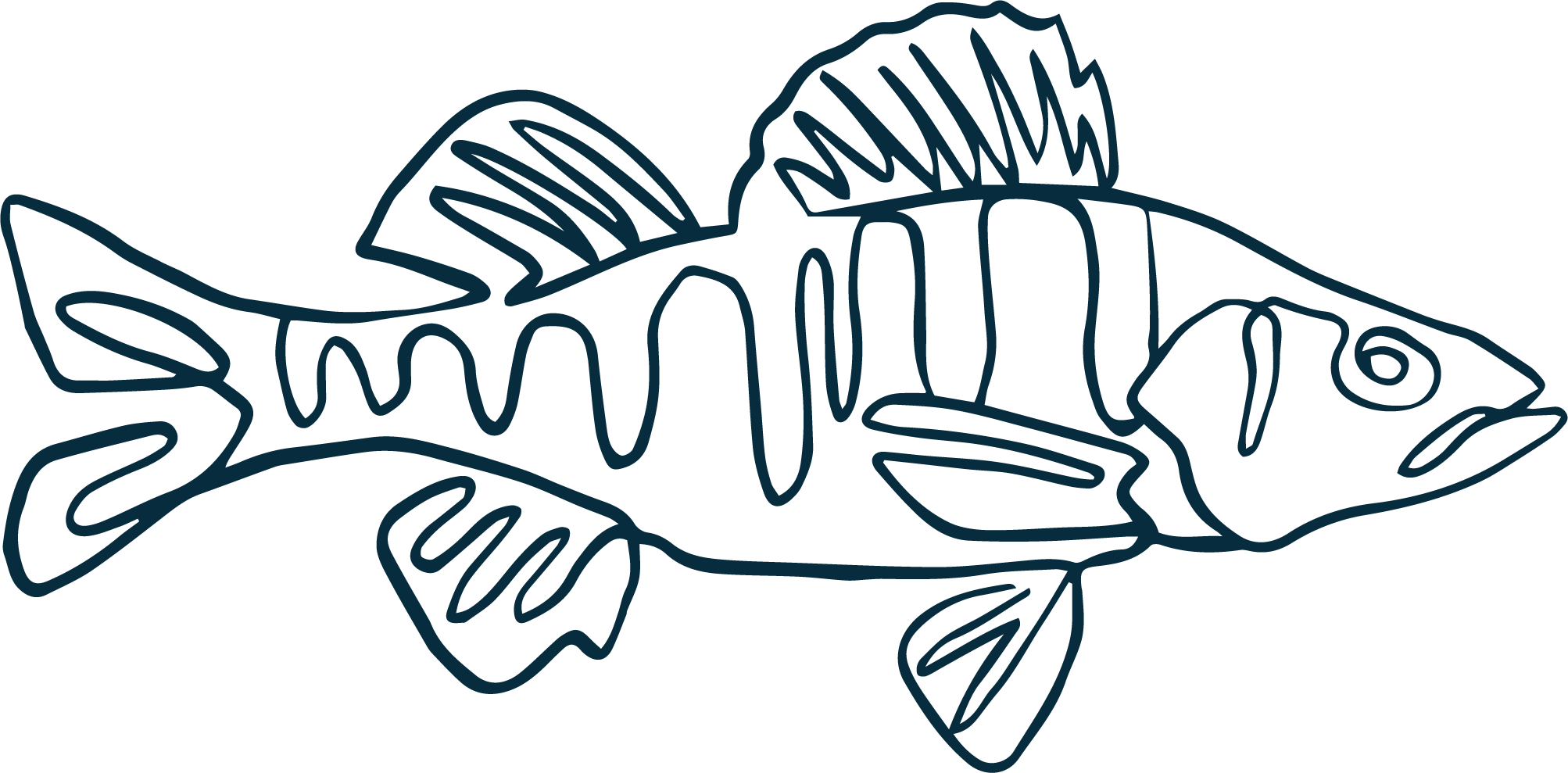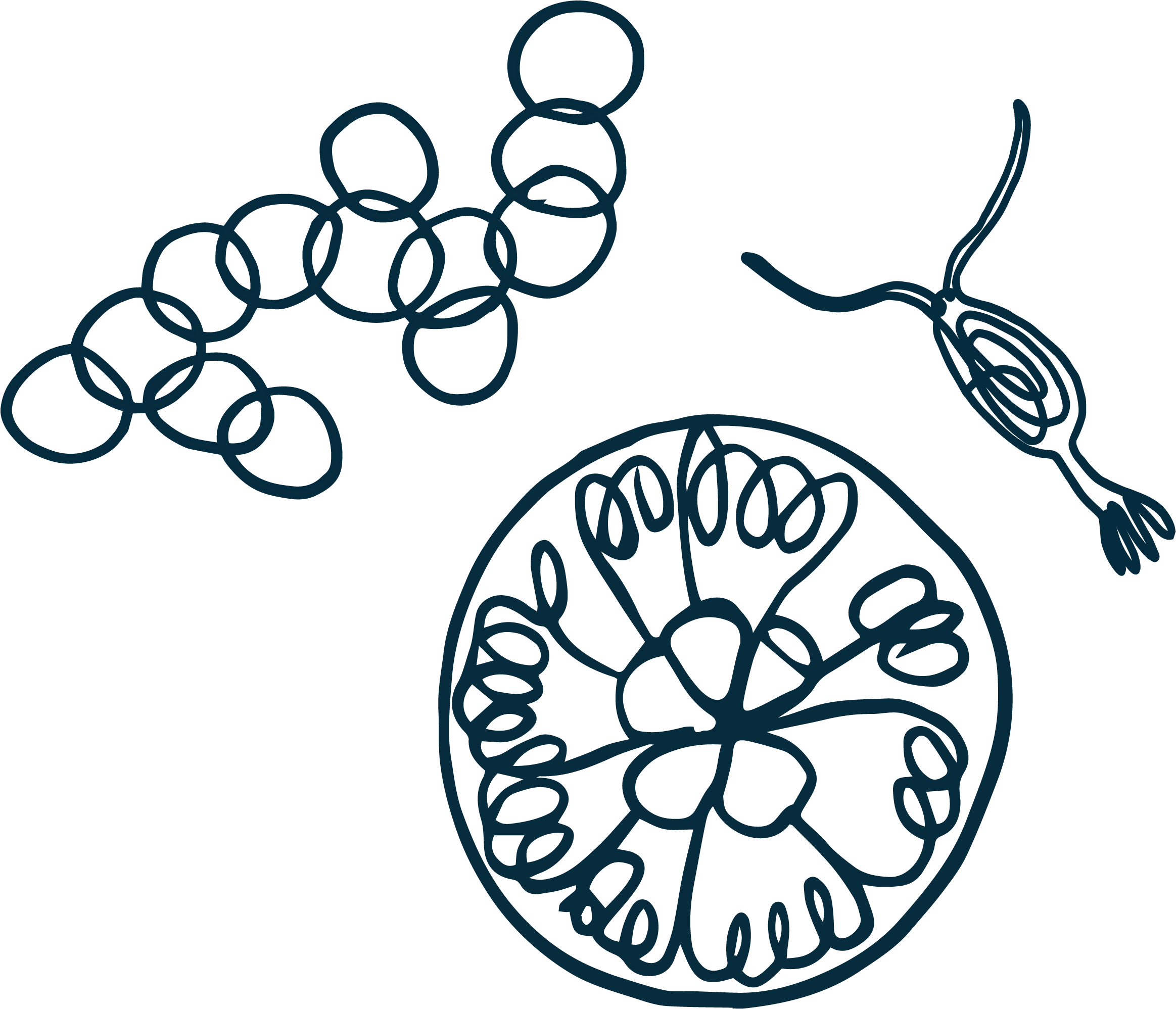
A new ecosystem
for scientific progress




What we’re creating
a space where scientists, managers and policy-makers COLLABORATE TO develop research questions that advance knowledge and inform sustainable resource management.
We bring together diverse perspectives, skillsets and tools to tackle pressing environmental concerns, in the Great Lakes and beyond.
We conduct synthesis-driven research to understand the ecological interactions and processes necessary to sustain ecosystems in the Great Lakes basin. We integrate knowledge across scales, scientific traditions, and applications. Our goal is to bring a global perspective to local applications.

We create spaces for the collaborative development of questions and solutions in ecosystem management. We seek a diversity of perspectives, backgrounds, and applications in biodiversity science.
A new Ecology Letters article authored in part by our own Dr. Joey Bernhardt tackles a challenge that is becoming central to how we understand the effects of climate change on ecosystems: the disconnect between environmental conditions and the biological communities that live in them.
We are delighted to congratulate one of our postdoctoral fellows - theoretical/computational ecologist Dr. Kayla Hale - on securing a new position at the Santa Fe Institute.
Every week at the Centre for Ecosystem Management (CEM), our postdoctoral fellows (PDFs) gather for a standing meeting that’s part think tank, part sounding board, and part creative laboratory.
We are delighted to announce that our own Dr. Joey Bernhardt has been selected as this year’s recipient of the Stevenson Lectureship Award in recognition of her exceptional scientific leadership and achievement in the aquatic sciences.
A day of outdoor exploration, wildlife sightings, and freshwater science came to life as some of our postdoctoral fellows led a hands-on outreach event for local youth on the Saugeen Peninsula.
Invasive mussels are still making headlines, as their impacts continue to threaten Great Lakes whitefish on both sides of the U.S.–Canada border.
One of the core activities of the Centre is to host postdoctoral fellows and working groups tackling applied biodiversity science challenges in the Great Lakes region. We provide space, support, and knowledge transfer activities relating to biodiversity science.